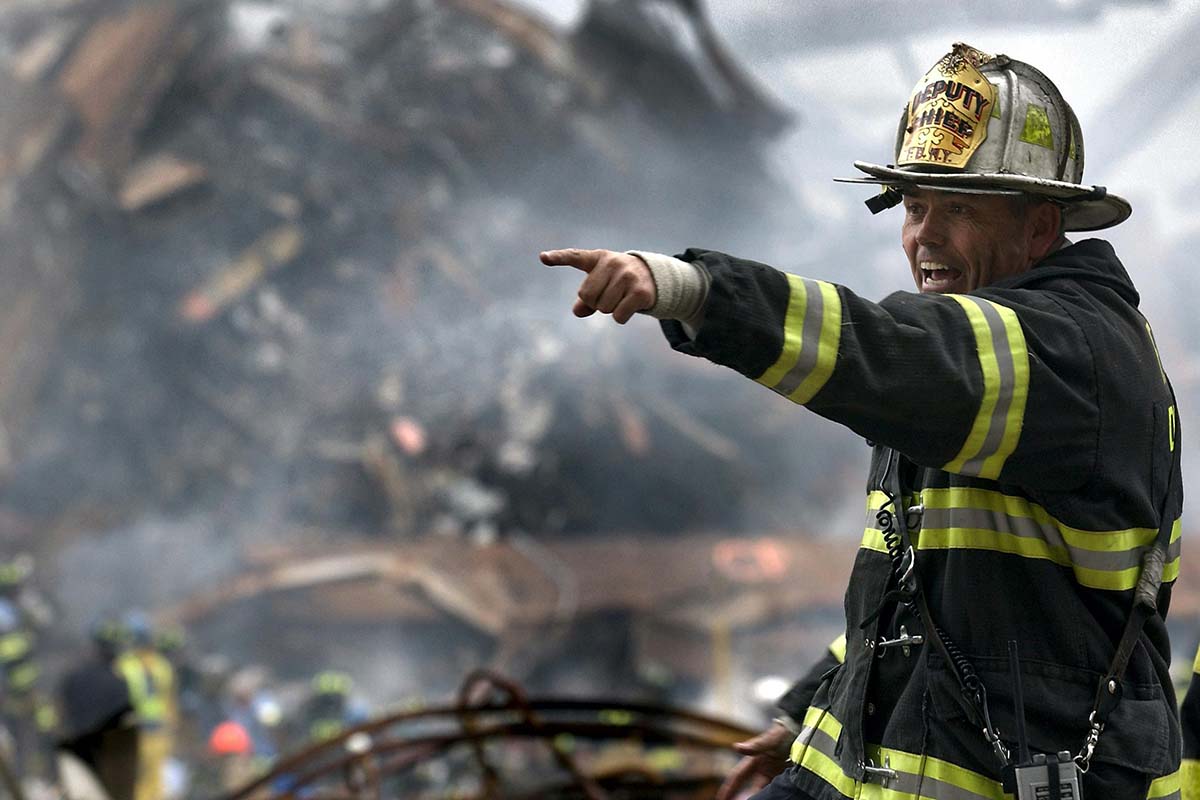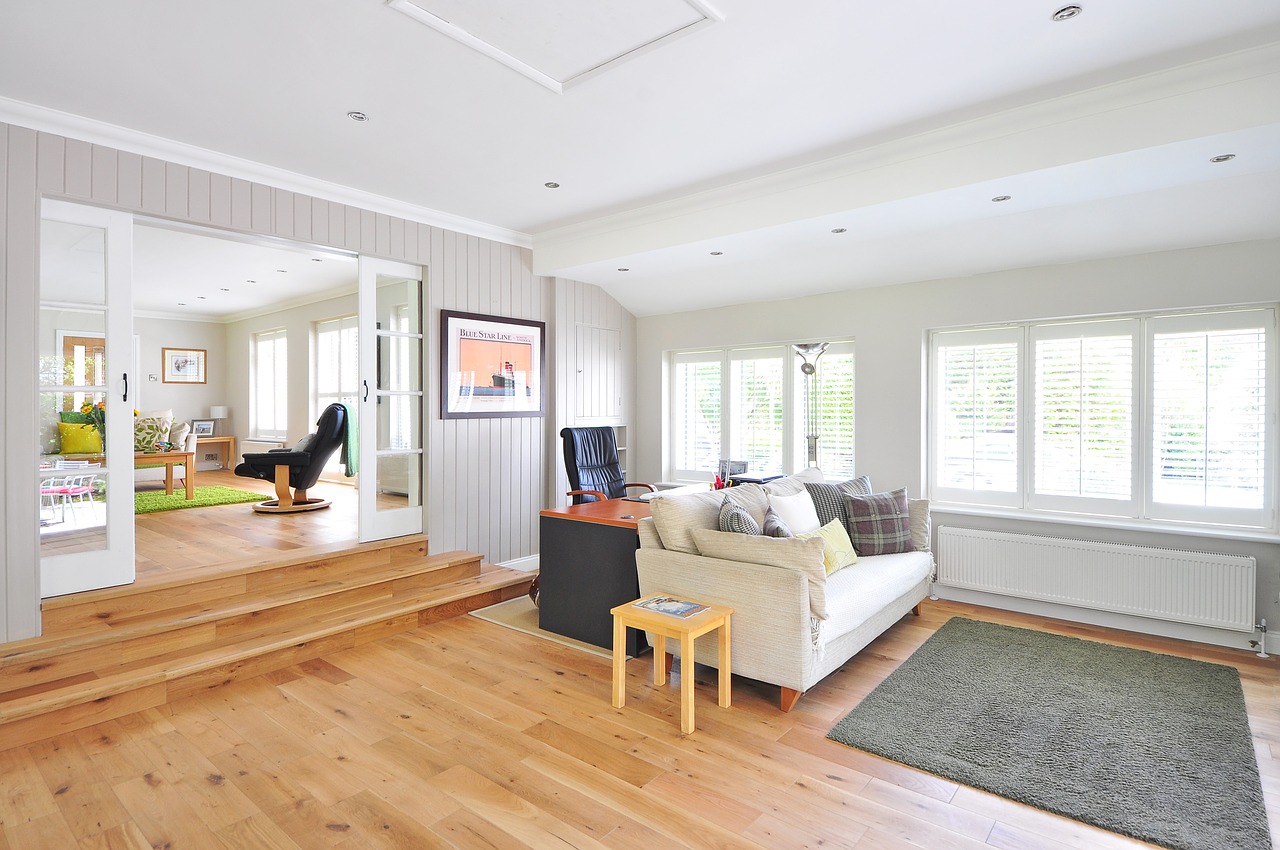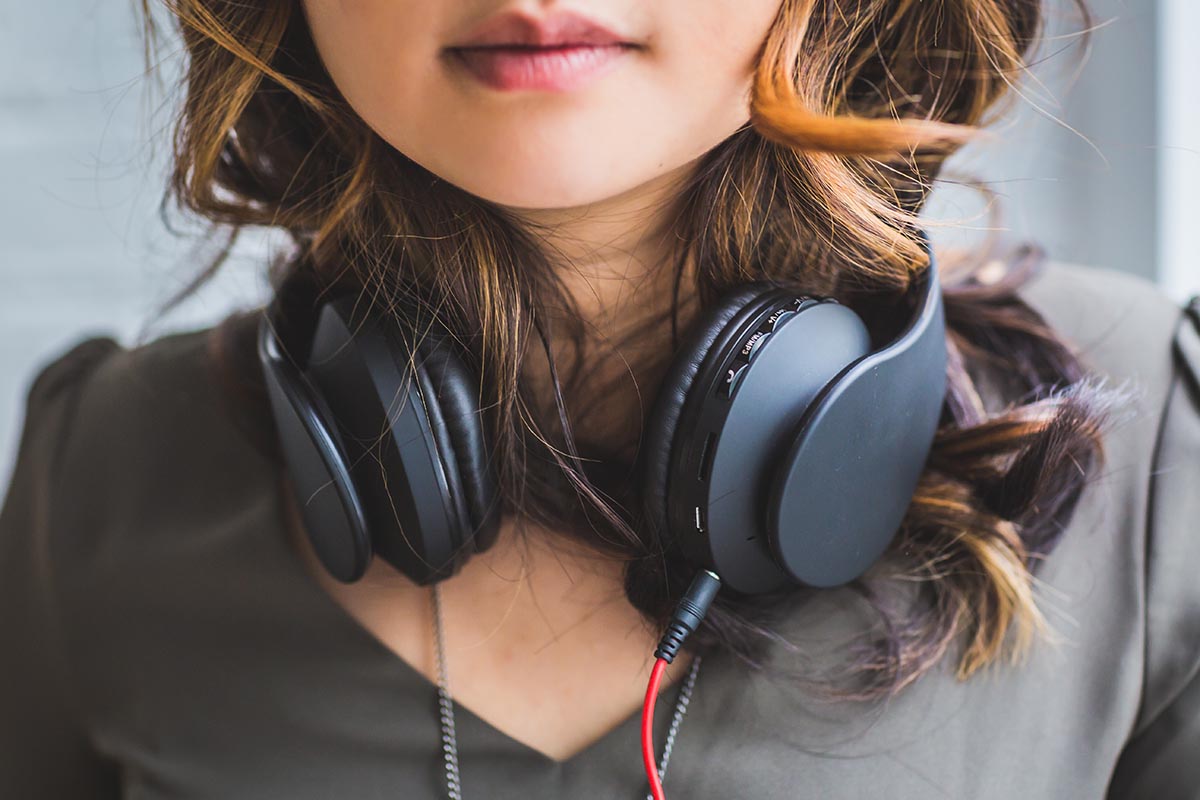Why You Should Prepare for Disaster
Nobody wants to think about a disaster occurring. In fact, most people don’t want to think about disasters at all. But it’s important that you are prepared as much as you can for a disaster, especially if you live somewhere with significant weather events.
For example, if you’re living somewhere that regularly receives cyclones and hurricanes, then you know the importance of having an automated battery and you know what it means to have a first aid kit on hand. You can google a medical supply store near me to get your first aid kit supplies. But where do you get your generators from?
How many prepared kits should you have? How do you know that your area is one that you should be prepared for disaster within? Preparation can reduce the impact of a disaster and make sure that you can facilitate both long and short-term recovery.
It is still tough to get people to prepare for a disaster, however, because nobody believes a disaster whatever happened to them. Here are some reasons you should start preparing for one yourself.
We live in a world of unrest
It’s not just about people fighting among themselves and war and bombs and things like that, but it’s also climate unrest. We’re seeing forest fires eat up entire areas of countries and we’re seeing flash flooding and tsunamis hitting others.
We are seeing earthquakes, volcanoes, and all manner of natural phenomena that Mother Nature has to throw at us. And if we’re not prepared for these things, our homes can be lost, and our livelihoods can go with it.
Disasters are actually more prevalent today than they ever have been, and we’re watching things happen in real-time. We may not think that we are as scared as we should be, and that’s because that’s true. We’re not.
The devastation is extended
In the last 50 years, some of the worst disasters worldwide have happened. The Indian Ocean earthquake and tsunami of 2004, the Cyclone Nargis in Myanmar in 2008, and the Haitian earthquake of 2010 are just three of the most major events we’ve had happened in the last quarter of a century.
With yearly forest fires devastating large swathes of Australia tsunamis battering the coast of Japan and forest fires going through California and homes like they are kindling, preparing is important.
Disasters are complex
There are different types, classifications, and phases of disaster, and if you’re not aware of them, you’re going to be living in blissful ignorance until your house is one of the problems.
Large primary disasters like earthquakes and tornadoes often have warning systems attached to them, but the secondary disasters, like prolonged power outages or disasters that are classified according to the extent of the destruction that they cause, need to be looked at too.
Being prepared doesn’t mean being paranoid, so make sure that you are working on ensuring that you are ready for anything.



















